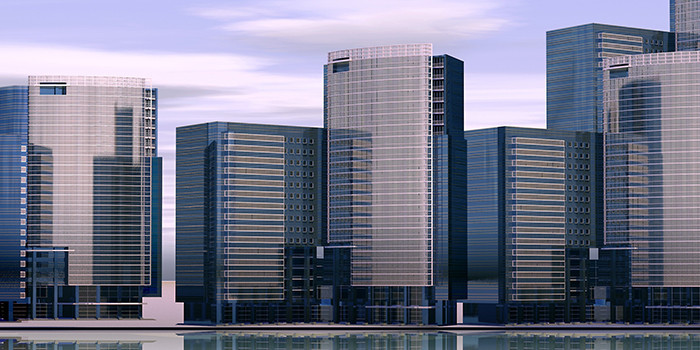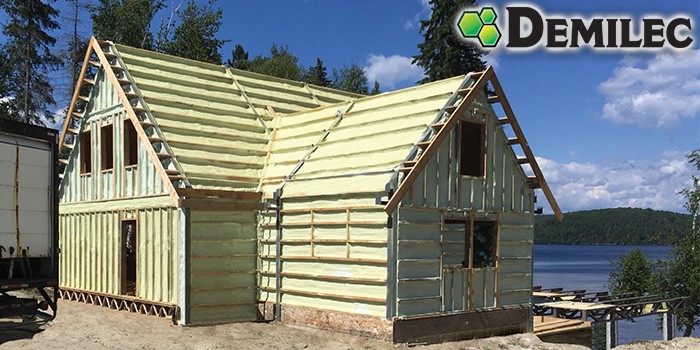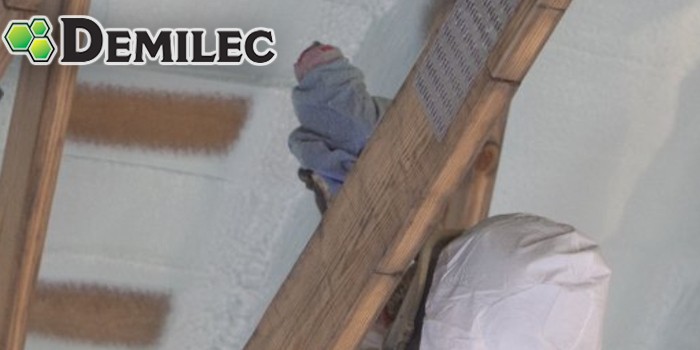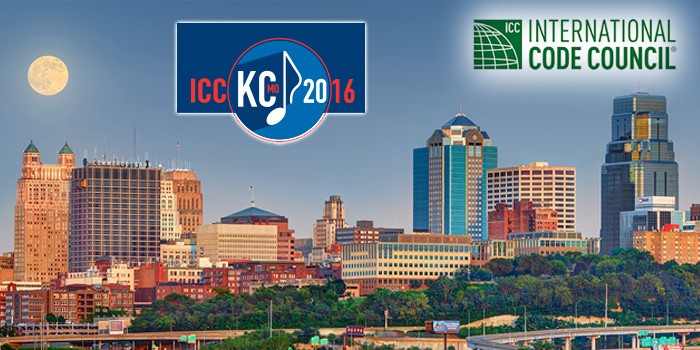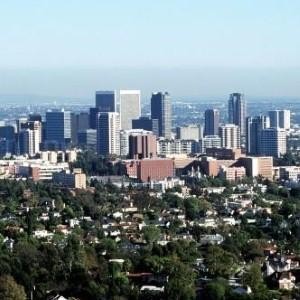
New California Building Standards Present Challenges, Opportunities
Sacramento, California - January 5, 2011 -- The new year brings a host of interesting problems for those in the construction and contracting industries - as well as some new opportunities for firms positioned to take advantage of shifting trends.
In California, the new California Green Building Standards Code (CalGreen) that was enacted early in 2010 will now take effect. CalGreen calls for reductions in water and energy usage, requires that interior finish materials have reduced levels of pollutant emissions and will drive at least 50 percent of construction waste away from landfills.
In addition, facilities larger than 10,000 square feet will be required to attain at least LEED Silver certification, a move which will likely boost demand for efficient and effective insulation solutions.
The spray foam industry should benefit from this wholesale move towards greener buildings in California, because it offers a useful and cost-effective way to move towards higher LEED ratings and keep buildings warm in the winter and cool in the hot summer months. Spray foam reduces the amount of emissions released in the construction of compact homes and sprawling office parks, and it doesn't generate much in the way of waste.
Indeed, some builders are already welcoming the new CalGreen code. "People have been using building codes for many decades and they have been upgraded over the years," Jennifer Hernandez, a co-chair of the environmental team at the Holland & Knight law firm, told Reuters. "The truth is that building codes are comfortable mandates and I think they will be widely adopted without a lot of push back from the development community."
# # #

